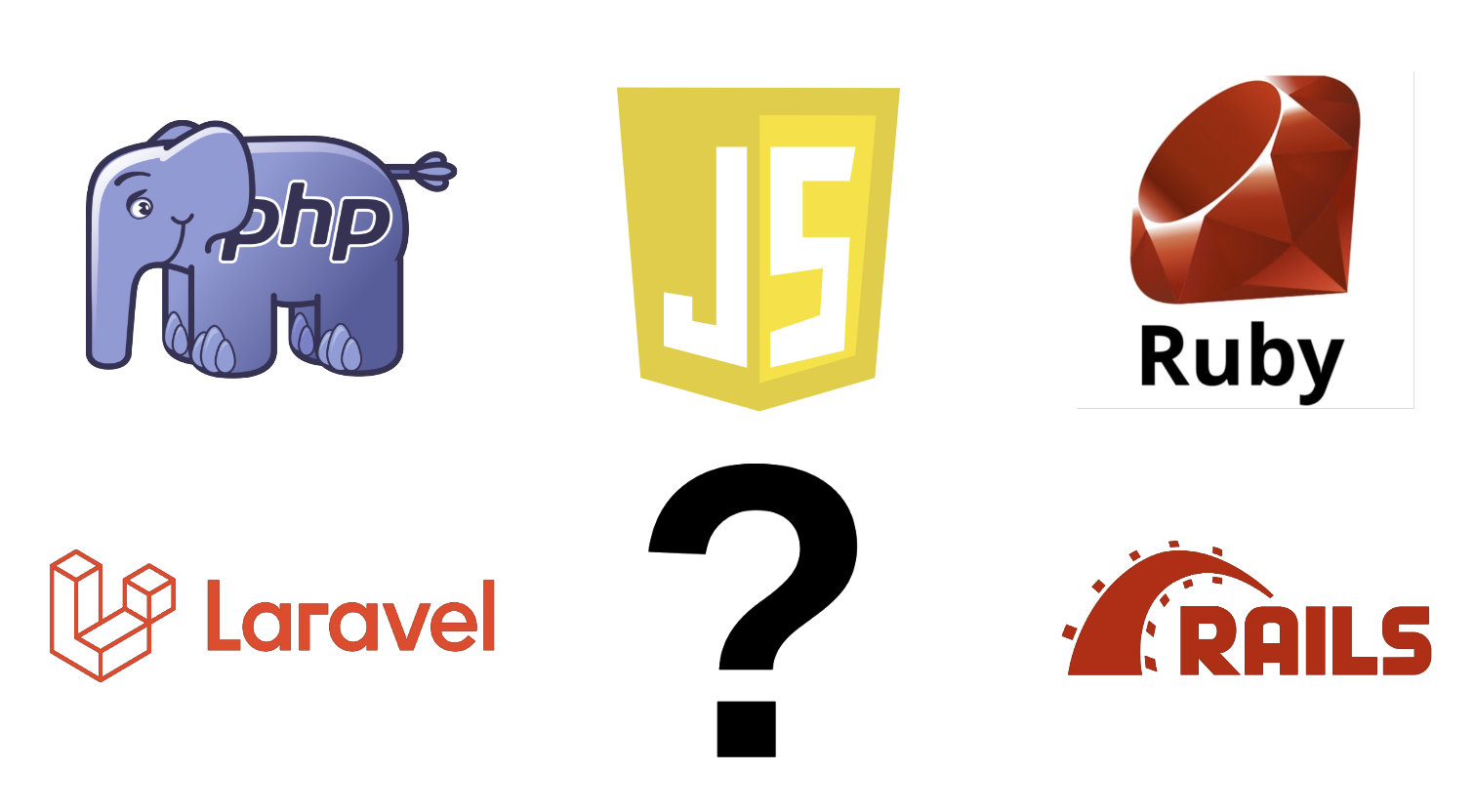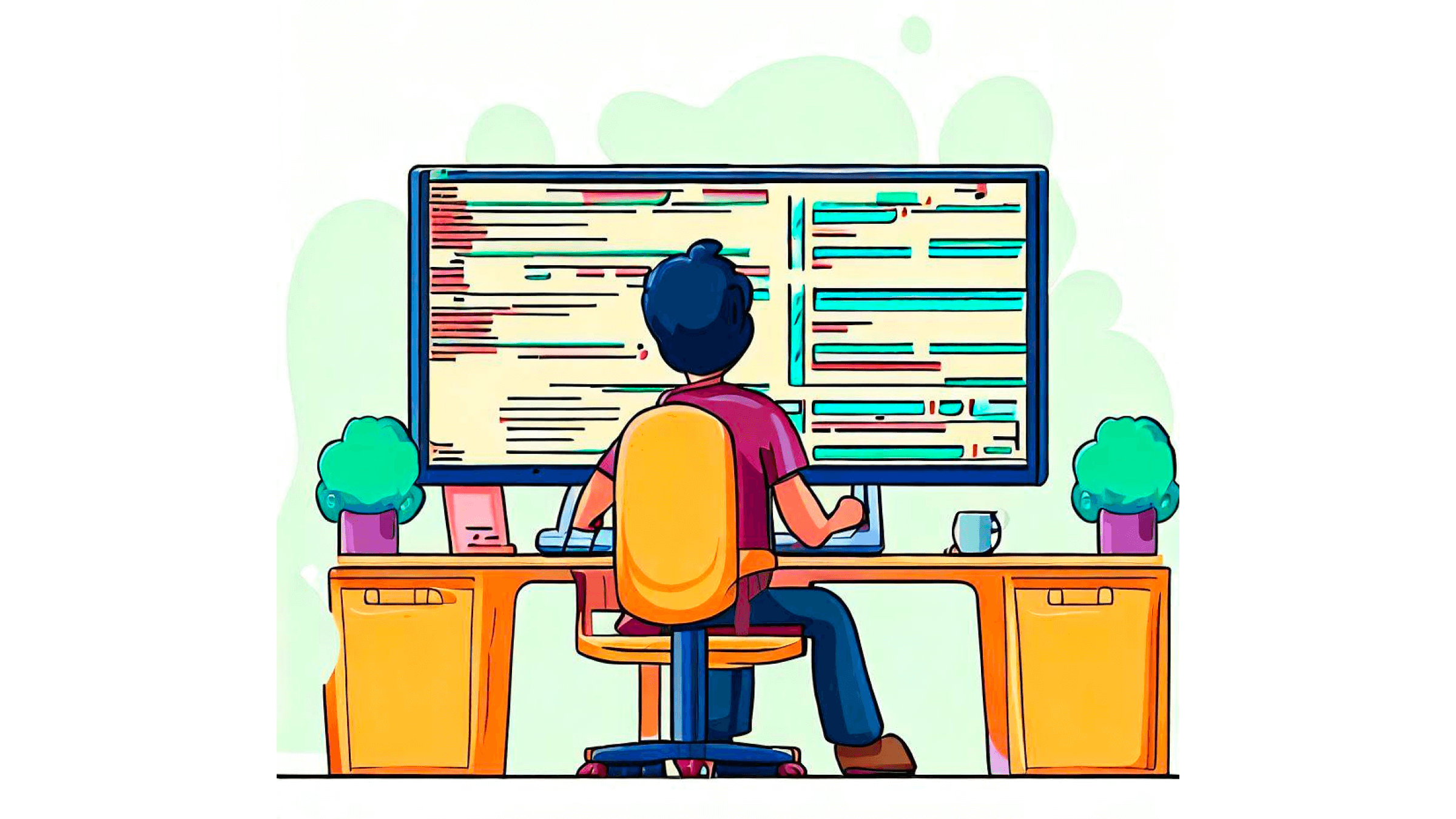PHP: Laravel, Ruby: Rails, JavaScript:?
 Recently, there has been a heated discussion on Twitter between JS developers and Laravel and Rails developers. It started with a lengthy tweet from Taylor Otwell, author of Laravel:
Recently, there has been a heated discussion on Twitter between JS developers and Laravel and Rails developers. It started with a lengthy tweet from Taylor Otwell, author of Laravel:
 Recently, there has been a heated discussion on Twitter between JS developers and Laravel and Rails developers. It started with a lengthy tweet from Taylor Otwell, author of Laravel:
Recently, there has been a heated discussion on Twitter between JS developers and Laravel and Rails developers. It started with a lengthy tweet from Taylor Otwell, author of Laravel:

In the previous post, we discussed two different approaches to implementing authorization: coupled with the database and decoupled from it. In this post, we'll focus on the other axis of the quadrant: authorization embedded inside the application vs. as a separate service. Let's complete the second half of the quadrant.

As software developers, we are all familiar with the phrase "Don't reinvent the wheel". However, I have heard many complaints that the Javascript world seems to do the exact opposite. 😂

The security of most applications depends on two pillars: authentication (AuthN) and authorization (AuthZ). The former checks if the user is who one claims to be, and the latter governs what one can do in the system.
Authentication is a well-understood problem. After many years of evolution, the industry has summarized clear patterns you can adopt and best practices to follow. You'll find mature libraries and services available for all major programming languages, whether with credentials, magic links, OTP, MFA, or OAuth. Once you settle on a solution, it tends to be stable and rarely needs much change over time.
Authorization, on the contrary, is a whole different story. Concepts like RBAC and ABAC are well-known and widely accepted. However, how to implement them is vaguely defined, leaving developers a lot of room for creativity and mistakes. Authorization is a hard problem because it's often deeply coupled with the unique characteristics of your application, making it hard to have a one-size-fits-all solution.

SQL databases have been powering the web since their inception. The combination of strict schema, ACID transactions, and strong integrity makes it still the best storage choice for many apps even today. Database systems, albeit sounding unfathomable and dull, have been a highly vibrant domain in the past few years. Lots of talents are devoted to it, open source projects are created one after another, companies have been striving to build profitable businesses, and VCs have been making bets on those who look like the next unicorns.
Under the flourishing surface, the new generation of modern SQL databases is renovating this 50-year-old technology and gradually reshaping how we build web applications - what we do with it, how we manage it, and the way we program against it. This series of articles tries to explore this topic from multiple fronts, including:
Let’s talk about how we program against the database today.

SQL databases have been powering the web since its inception. The combination of strict schema, ACID transactions, and strong integrity makes it still the best storage choice for many apps even today. Although sounding unfathomable and dull, database systems have been a highly vibrant domain in the past few years. Many talents are devoted to it, open source projects are created one after another, companies have been striving to build profitable businesses, and VCs have been making bets on those who look like the next unicorns.
Under the flourishing surface, the new generation of modern SQL databases is renovating this 50-year-old technology and gradually reshaping how we use it to build web applications - what we do with it, how we manage it, and how we program against it. This series of articles tries to explore this topic from multiple fronts, including:
Let's talk about "Serverless" and "Edge-Ready" today.

Database for storing data; application code for implementing business logic - the distinctions seem straightforward. Yet, after so many years of evolution, modern (relational) databases are quite capable of running "logic" - extensions, stored procedures, triggers, etc.

Django is a popular Python-based web framework. It’s a huge so-called “battery-included” framework covering many aspects of web development: authentication, ORM, forms, admin panels, etc. It’s also a strongly opinionated framework that offers patterns for almost everything you do, making you feel well-guided during development.

The concept of full-stack development has been around for many years, but its popularity has surged dramatically since 2022. As a consequence, its meaning has also changed.

Web development, especially frontend, is undoubtedly one of the most challenging professions in software development. Its landscape is constantly evolving. Tools and technologies become obsolete and replaced by new ones at an astonishing speed. It has also become a vast field, way beyond HTML, CSS and Javascript. Going back ten years, could you imagine that frontend developers, who use an interpreted language to write code, would need to mess with all kinds of compilation tools in their daily job? Pretty insane, isn't it?
But Rome wasn't built in a day. Let's travel back in time to see how we got here step by step.